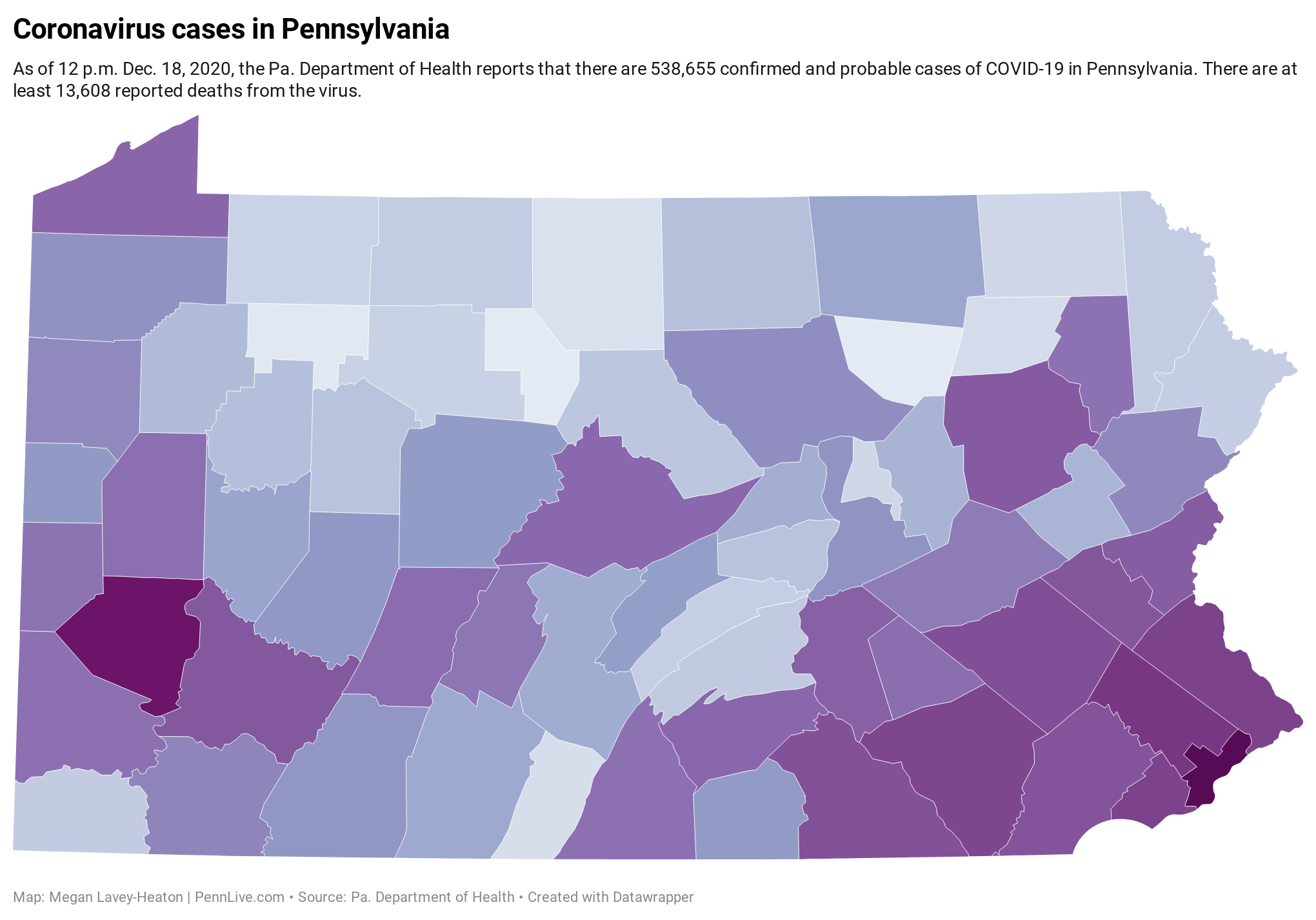Since the onset of the pandemic we’ve learned how coronavirus enters the body, so we’ve been washing our hands till they’re sore, using sanitizer and wearing gloves and masks. “Keep your hands away from your face,” we’ve been told., and “don’t touch your nose and eyes,” areas where the virus can enter.
However, those who wear contact lenses must touch their eyes. They touch their eyes to put lenses in and to take them out, and adjust them throughout the day, putting themselves at risk in the process.
The American Academy of Ophthalmology has compiled five ways you and others can practice eye safety and good contact lens hygiene to guard your eyes and prevent the spread of coronavirus.
Here’s how you can help yourself and others:
“If you wear contact lenses, switch to glasses for a while.”
“Consider wearing glasses more often, especially if you tend to touch your eyes a lot when your contacts are in. Substituting glasses for lenses can decrease irritation and force you to pause before touching your eye,” Dr. Tuli, AAO spokesperson advises. Those who choose to continue wearing contact lenses should follow these hygiene tips to decrease the chance of infection.
“Wearing glasses may add a layer of protection.”
Although they don’t provide 100% security, wearing corrective lenses or sunglasses may protect your eyes from respiratory droplets carrying coronavirus. However, the eye is still vulnerable from open sides, top and bottom. Safety goggles may offer a higher level of protection for those caring for a sick patient or potentially exposed person.
“Stock up on eye medicine prescriptions if you can.”
Stock up on your medications, so you’ll have enough to carry you through if you’re quarantined or if supplies become limited due to the outbreak. This may not be possible due to limitations imposed by your insurer. In some cases, during natural disasters, insurers will approve a 3-month supply. If you have trouble getting approval from your insurance company, ask your pharmacist or ophthalmologist for help. Don’t wait till the last minute - refill prescriptions as soon as they’re due.
“Avoid rubbing your eyes.”
Breaking this natural habit will lower your risk of infection. Remember to use a tissue when you feel an urge to rub or itch your eye, or even to adjust your glasses. If you have a problem with dry eyes, consider using moisturizing drops. And remember, you should wash your hands with soap and water for 20 seconds, before and after you touch your eyes for any reason - even to administer medications.
“Practice safe hygiene and social distancing.”
In addition to the advise listed above, consider the following guidelines offered by the Centers for Disease Control and Prevention.
- Wash your hands often with soap and water for at least 20 seconds, especially before eating, after using the restroom, sneezing, coughing or blowing your nose.
- If no sink is available, use a hand sanitizer that has at least 60% alcohol.
- Don’t touch your face - particularly your eyes, nose, and mouth.
- Cover your face with your elbow or a tissue when you cough or sneeze. If you use a tissue, throw it away promptly, then wash your hands.
- Avoid close contact with sick people. If you think someone has a respiratory infection, be safe and stay 6 feet away.
- If you’re sick, stay home.
- Commonly touched surfaces and items in your house, should be disinfected regularly.
READ MORE:
- How to volunteer, donate in central Pa. during coronavirus pandemic
- Backyards and basements: Central Pa. athletes find creative ways to train body and mind during crisis
- Pa. state universities anticipate up to $100M loss from providing students refunds for room and board
- No public masses will be held during Holy Week or on Easter: Harrisburg Diocese
Thanks for visiting PennLive. Quality local journalism has never been more important. We need your support. Not a subscriber yet? Please consider supporting our work.


